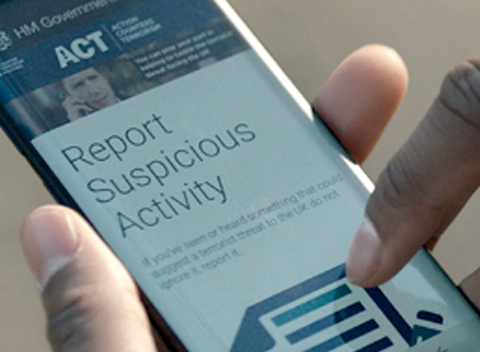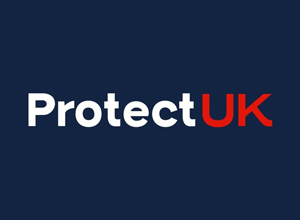
Report online at gov.uk/ACT
If you see or hear something that doesn’t feel right, report it online and in confidence at gov.uk/ACT
In an emergency call 999.

ACT Early
If you are concerned that a loved one may be vulnerable to radicalisation, visit ACT Early for further information on signs to look out for and how to seek support.

ProtectUK
Whether you are a business owner, work in security, or are a member of the public, ProtectUK provides vital counter terrorism security information including training materials, protective guidance, and campaign toolkits.
Run Hide Tell
While the chances of being caught up in a terrorist incident remain rare, it is important to be prepared and know how to protect yourself if the need arises.

